For people with a traumatic past, getting into a new relationship and trusting someone again can be nothing short of scary and challenging. In order to ensure that you don’t get exploited or hurt again, look out for some major relationship red flags on your first date, or the first few initial dates you have with them.
Key Points –
- Due to a history of normalizing unhealthy behaviors, trauma survivors may struggle to identify red flags in potential dating partners.
- Recognizing critical red flags can help prevent attachment to a potentially unhealthy partner.
- Identifying red flags early, and stepping away, can help empower trauma survivors find the relationship they deserve.
As a therapist, I often talk to my patients about red flags—those gut feelings you have when you know something is off—and how to help them align with your self-identified deal breakers.
For trauma survivors, discussions of red flags are necessary for the healing process as they branch back out into dating. Many survivors may not know how to filter out unhealthy behaviors due to a history of normalizing or even denying the abuse they experienced.
Here are five things to look out for that trauma survivors may tend to normalize.
Related: 9 Warning Signs That Your New Flame Isn’t Worth Pursuing
5 major relationship red flags that trauma survivors may tend to normalize
1. Bashing their ex-partner/parent of their child.
I get it: Things happen; hearts are broken, and resentment builds. But if a new dating partner is speaking harshly about others on one of their first dates with you, this is a huge red flag.
It shows an enormous lack of respect toward others in their life and ultimately speaks to their integrity. There is an appropriate way and time to discuss concerns and issues with previous partners, so watch how this is done.
In my work with family trauma and domestic violence survivors, we discuss the best way to approach their traumatic history with a new partner, who will undoubtedly need to know about their past if the relationship moves further.
Mentioning a concern or issue is different from bashing a person maliciously. We practice using phrases such as “That’s a conversation for another day. Things did not end well, but I wish them the best,” or “I do not have a good history/relationship with my [ex/child’s mother, etc.]. Perhaps I can fill you in as we get to know each other more.”
Watch out for someone bent on bashing an ex-lover to the point of obsessing about them. At best, they are not over them and are therefore emotionally unavailable. There is a difference between a bad breakup and an unhealthy amount of anger and resentment.
Remember: If they do it to others, they can do it to you.

2. “So let’s talk about you. What do you think of me?”
It’s important to mention that we all have varying comfort levels with communication. Maybe they are new to dating or struggle with social situations, so watch how it is done.
Do they appear anxious and talk to fill space? Do they stop and allow you to talk when you attempt to interject, or does it appear that they really are not interested in what you have to say?
Talking only about themselves and not about you usually shows that they are not capable of giving you the attention you deserve.
I once went on a date with someone who didn’t notice I had not ordered anything until the server brought the check. Of course, they asked me to split it.
Related: 5 Dating Deal-Breakers To Never Ignore
3. Making decisions without your consent.
Are they unwilling to compromise on decisions or hear your views? All relationships need compromise, and communication is essential to bridge the gap between different ideas and desires.
The same goes for sexual intimacy or staying at each other’s place. While there is no set timeline for intimacy or moving in together, pay attention to when you feel their request is one it seems they think you can’t decline: This is a violation of your boundaries. Any change of relationship status or progression should involve full and open communication of both parties.
4. Pay attention to their sense of entitlement.
Are they rude to the server and valet? Watching how a new date talks to wait staff is very telling. When a person is essentially being paid to do things for us, they can be an easy target for people who feel above other human beings.
If they are kind to you but rude to others, this is a red flag that their behavior is not genuine. Pay attention to how they treat servers, employees, coworkers, and especially animals.
Malcolm S. Forbes once said, “You can easily judge the character of a man by how he treats those who can do nothing for him.”
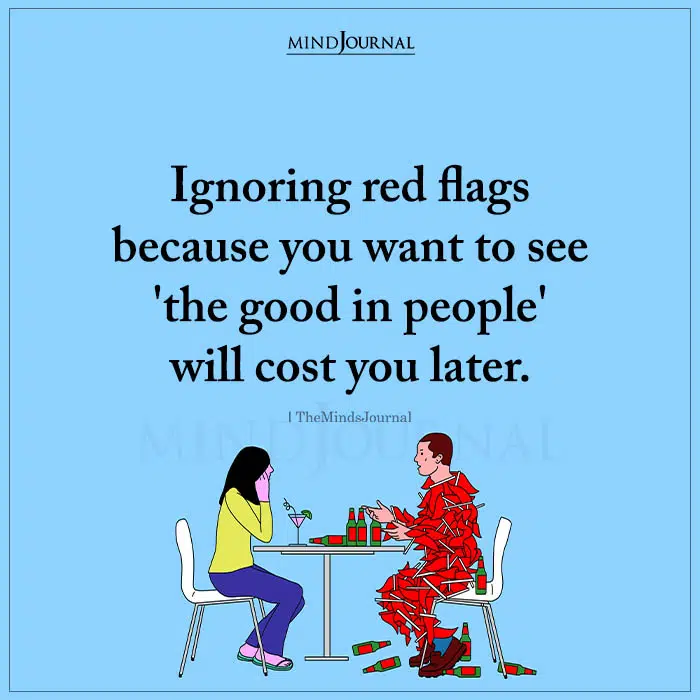
5. Feeling uncomfortable about or around them.
Trauma survivors, specifically those with a family origin of trauma, have learned a coping mechanism to ignore or even deny their reality. It was quite literally a means of survival.
They may have been taught from a young age that people who are supposed to love them would mistreat and hurt them, so this behavior is normalized in their adult dating relationships.
How do you feel when you are around this person? Anxious? On edge? Unseen? That will say a lot.
The opposite is also true: If you feel that they are perfect or too good to be true, they probably are. All of us have imperfections, and someone presenting themself as being perfect represents a red flag in itself.
Pay attention to the amount of time you spend trying to decipher untruths or lies. When you catch yourself saying, “That just does not make any sense,” trust that feeling.
Related: 6 Early Red Flags Of A Toxic Relationship
There are many ways dysfunctional and potentially abusive patterns can manifest in a budding relationship. Everyone can have a bad day. People can be misunderstood, especially if they are nervous, but look for patterns in how they treat you and others. Different interests or goals can be discussed and explored healthily, but maltreatment and abuse cannot be compromised.
It’s easier to get out of a potentially toxic relationship when it first begins.
Written By Kaytlyn Gillis Originally Appeared On Psychology Today
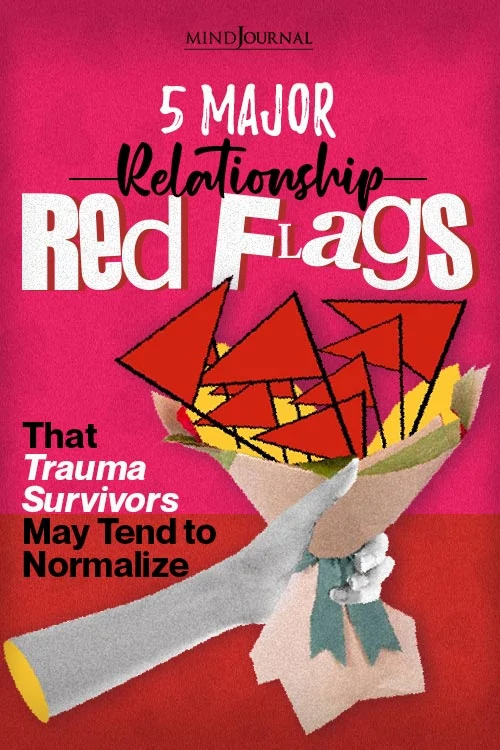
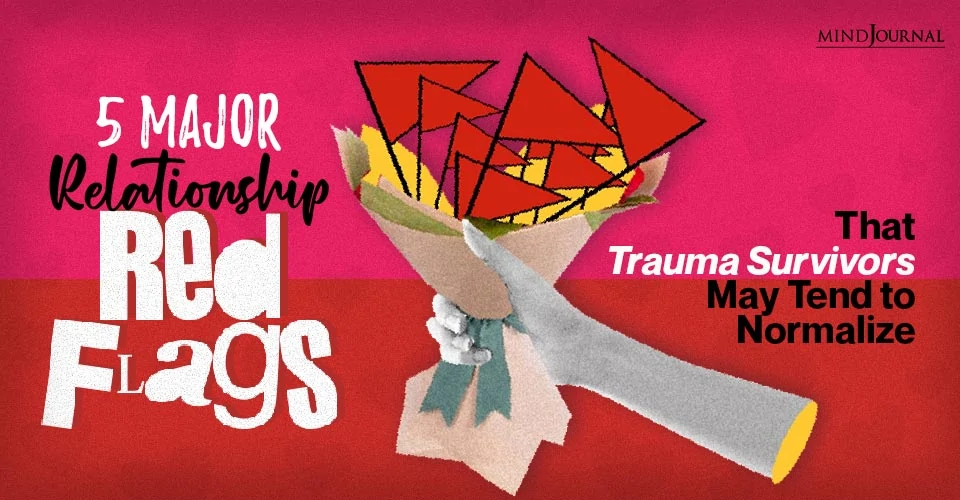




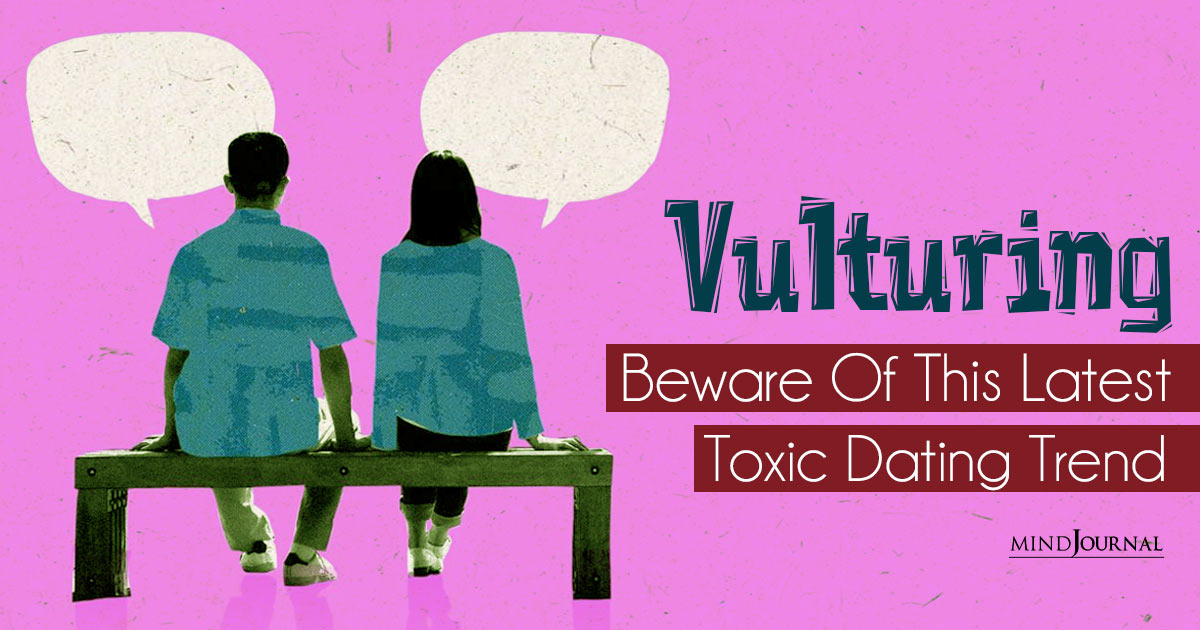
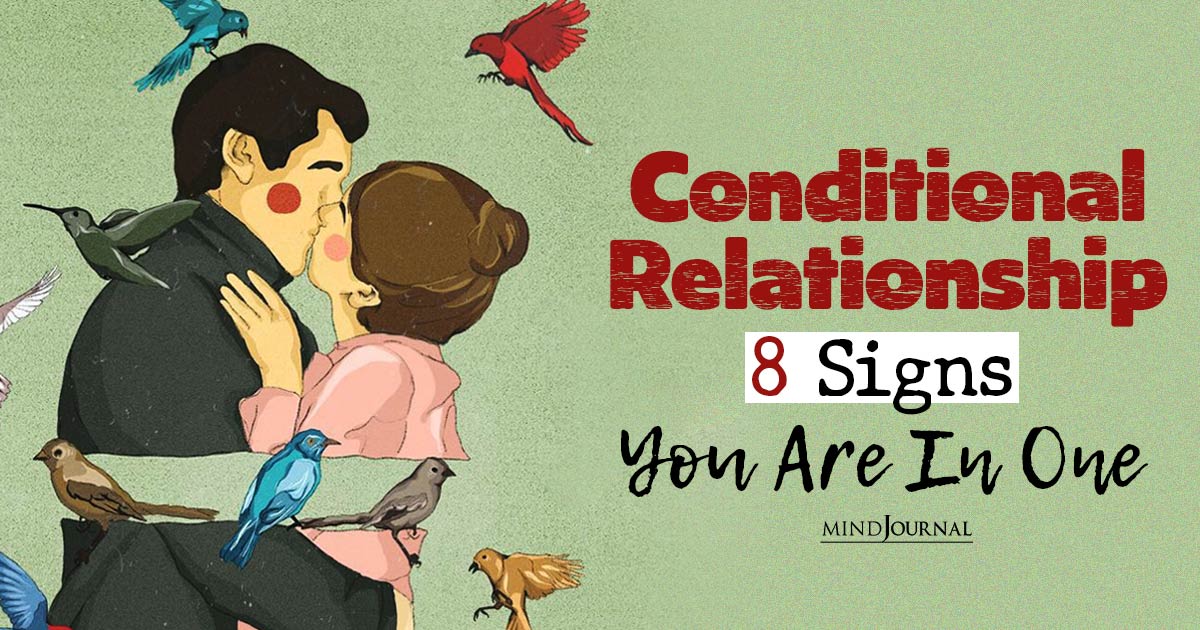

Leave a Reply
You must be logged in to post a comment.